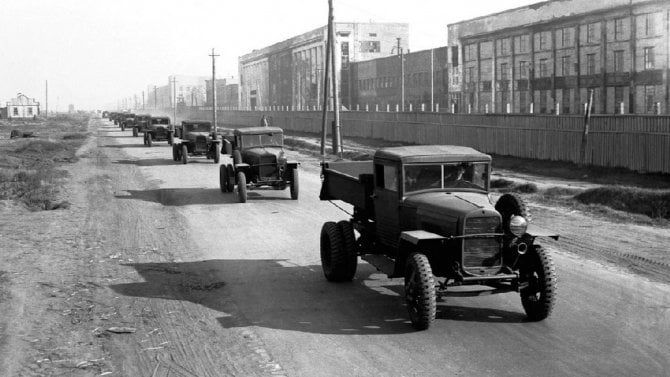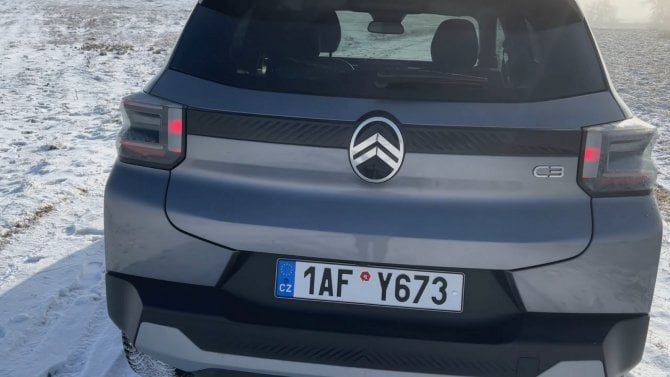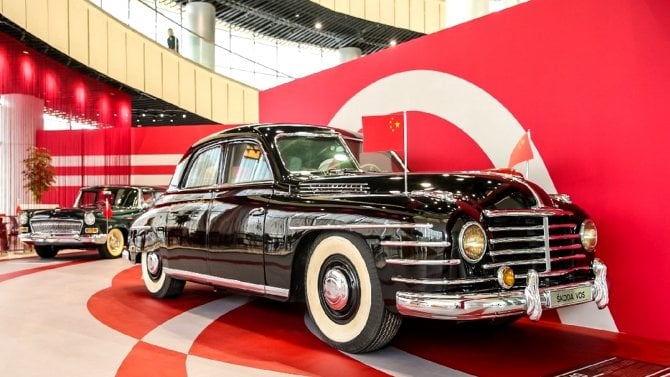...
By Markus Krah and Marcin Grajewski
BRUSSELS, June 22 (Reuters) - Germany turned up the heat on Poland in a clash over reforms of the European Union on Friday, threatening to launch negotiations on a new treaty without Warsaw's assent.
Polish Prime Minister Jaroslaw Kaczynski had earlier rejected a compromise that would have compensated Warsaw for losing some of its voting powers under the reform treaty, saying on Polish television: "We have hit a wall."
Germany, hosting an EU summit, responded by saying the 27-nation bloc could not stand still and had to preserve progress made so far on the treaty, which is designed to replace the defunct EU constitution.
"The presidency has repeatedly dealt with the issues the Polish raised and recently made a proposal with far-reaching concessions to Poland," a German spokesman said.
He spoke shortly after Kaczynski's twin brother, President Lech Kaczynski, gave Poland's official rebuff to German Chancellor Angela Merkel at the summit where most EU leaders had waited all day for the outcome of the diplomatic row.
Merkel has been trying to reach agreement on reforms to help the EU tackle modern challenges such as global warming following its enlargement from 15 to 27 member states, but critics fear a dilution of national sovereignty.
Her attempt to isolate Poland ran into opposition when the leaders of Lithuania and the Czech Republic spoke out against her move at a dinner on Friday night, a diplomat said.
Some leaders believed the Poles were posturing to win more concessions and Merkel, who has endured months of anti-German rhetoric from Warsaw, seemed willing to call their bluff.
But she is now poised to launch a so-called Inter-Governmental Conference (IGC) to work on the small print of the new treaty without allowing Poland to press its demands for a major change to the voting weight rules.
British Prime Minister Tony Blair and French President Nicolas Sarkozy then privately appealed to Merkel to give negotiations another chance and offer Warsaw more time before introducing the reformed EU voting system, the diplomat said.
COMPROMISE PROPOSED
Friday's compromise offered to delay the new voting system until 2014 and a mechanism for states just short of a blocking minority to postpone EU decisions and force further talks.
Warsaw was also offered guarantees that the rest of the bloc would back it in the event of future energy crises, a concern of Poland which borders giant gas and oil exporter Russia.
In a sign of how Friday's row could rage on, Luis Amado, the foreign minister of Portugal which takes over the EU presidency from July 1, expressed concern about inheriting the impasse.
"Naturally we won't accept a mandate with a calendar for a negotiation we know is an impossible negotiation," he said before Merkel's showdown with the Kaczynskis.
EU leaders had been shocked by Poland's repeated references to its suffering at the hands of Nazi Germany in World War Two to justify its opposition to the voting system. It says it would have a larger population were it not for heavy wartime losses.
The leaders earlier on Friday scored a first success in their summit by reaching a broad agreement on creating a new, single post to run the 27-nation bloc's foreign affairs.
The EU leaders agreed on the job title, role and powers of a High Representative of the Union for Foreign Affairs and Security Policy.
It will combine the jobs of foreign policy chief Javier Solana, who does mostly crisis management, and External Relations Commissioner Benita Ferrero-Waldner, who controls the executive European Commission's aid budget.
The new foreign policy chief would chair meetings of EU foreign ministers and head a combined external action service drawing on both national and EU diplomats, after Britain dropped its reservations on those points, the diplomats said.
British Prime Minister Tony Blair said he also saw progress on other areas of the treaty that London opposes.
Britain had stood its ground on other issues but most of its key concerns on national sovereignty appeared to have been met.
Keywords: EU TREATY/




 Auta osvoboditelů – z východu: Československo a celá Evropa se staly křižovatkou vojenské techniky
Auta osvoboditelů – z východu: Československo a celá Evropa se staly křižovatkou vojenské techniky
 Auto blokující nabíjecí stanici bude možné odtáhnout. A je jedno, jestli má spalovací motor, nebo je to elektromobil
Auto blokující nabíjecí stanici bude možné odtáhnout. A je jedno, jestli má spalovací motor, nebo je to elektromobil
 Ikona je zpět jako elektromobil a je skvělá! Poprvé jsme se svezli s novým Renaultem 5
Ikona je zpět jako elektromobil a je skvělá! Poprvé jsme se svezli s novým Renaultem 5
 Videodojmy: Tenhle malý hatchback jezdí za šest litrů, odveze čtyři lidi a nestojí ani 400 tisíc
Videodojmy: Tenhle malý hatchback jezdí za šest litrů, odveze čtyři lidi a nestojí ani 400 tisíc
 Škoda VOS: Historie československých vládních automobilů je přehledem politických obratů
Škoda VOS: Historie československých vládních automobilů je přehledem politických obratů
